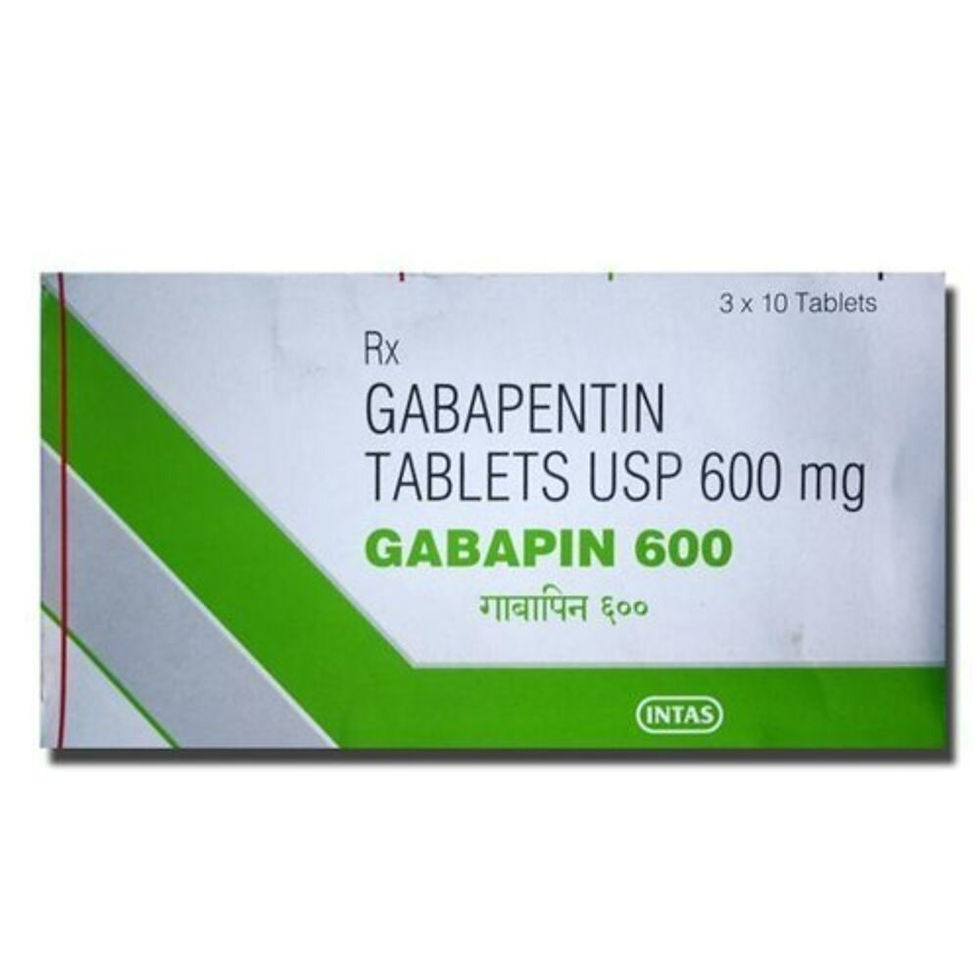“Mind & Mood Support” encompasses a range of therapies—prescription medications, herbal remedies, and nutritional supplements—designed to maintain or restore emotional balance, improve resilience to stress, and alleviate symptoms of anxiety, depression, and related mood disorders. By targeting neurotransmitter pathways (serotonin, norepinephrine, GABA), providing essential nutrients (omega-3 fatty acids, B-complex vitamins), or modulating stress-response systems (adaptogens like Ashwagandha), these interventions aim to optimize brain function and promote mental well-being.
-
Emotional: Persistent sadness, irritability, or anxiety
-
Cognitive: Difficulty concentrating, indecision, racing thoughts
-
Behavioral: Social withdrawal, loss of interest in activities, restlessness
-
Physical: Sleep disturbances (insomnia or hypersomnia), appetite changes, unexplained aches
-
Somatic Anxiety Signs: Palpitations, trembling, shortness of breath, gastrointestinal discomfort
-
-
Neurochemical Dysregulation: Imbalances in serotonin, dopamine, norepinephrine, or GABA pathways
-
Genetic Predisposition: Family history of depression, anxiety, or bipolar disorder
-
Chronic Stress & Trauma: Prolonged HPA-axis activation leads to cortisol dysregulation
-
Medical Conditions: Thyroid disorders, chronic pain, cardiovascular disease, or hormonal fluctuations
-
Nutritional Deficiencies: Low levels of omega-3 fatty acids, vitamin D, B-vitamins, magnesium
-
Substance Use & Medications: Alcohol, stimulants, corticosteroids, or certain antihypertensives affecting mood
-
-
Acute Stressors: Job loss, relationship conflicts, bereavement, or major life changes
-
Sleep Deprivation: Disrupted REM/non-REM cycles aggravate anxiety and irritability
-
Unbalanced Diet: Skipping meals, high sugar intake, or insufficient protein & micronutrients
-
Caffeine & Stimulant Overuse: Excessive coffee, energy drinks, or nicotine heighten anxiety
-
Chronic Illness Exacerbations: Flare-ups in conditions like arthritis or diabetes increasing psychological burden
-
Seasonal Changes: Reduced sunlight (SAD), especially in winter months, can precipitate depressive symptoms
-
-
Clinical Interview & History: Assessment of mood patterns, stressors, sleep habits, and family psychiatric history
-
Standardized Questionnaires:
-
PHQ-9: Screens for depressive symptoms and severity
-
GAD-7: Evaluates generalized anxiety symptoms
-
PSS (Perceived Stress Scale): Gauges stress levels over the past month
-
-
Physical Examination & Labs: Thyroid profile, vitamin D level, B12, folate, and a basic metabolic panel to rule out medical contributors
-
Mental Status Examination: Observes thought process, speech, affect, and cognitive function
-
Referral to Specialist: Psychiatrist or psychologist for in-depth evaluation, if indicated (e.g., bipolar spectrum or treatment-resistant depression)
-
Treatment often combines prescription medications with nutraceuticals and lifestyle changes:
-
Prescription Antidepressants (SSRIs/SNRIs):
-
Sertraline, Escitalopram, Fluoxetine (SSRIs) or Venlafaxine, Duloxetine (SNRIs) to enhance serotonin and/or norepinephrine transmission. Onset: 4–6 weeks; common side effects include mild nausea, headache, or sexual dysfunction.
-
-
Anxiolytics & Sleep Aids:
-
Benzodiazepines (e.g., Alprazolam, Clonazepam) for short-term relief of acute anxiety or panic (use limited to 2–4 weeks to avoid dependence).
-
Non-benzodiazepine hypnotics (e.g., Zolpidem) or low-dose sedating antidepressants (e.g., Trazodone) to correct insomnia.
-
-
Mood Stabilizers & Augmentation:
-
Lamotrigine, Lithium, Quetiapine for bipolar spectrum disorders or severe mood swings.
-
Adjunct Atypical Antipsychotics (e.g., Aripiprazole) to augment SSRI/SNRI response in treatment-resistant depression.
-
-
Herbal & Nutritional Supplements:
-
St. John’s Wort (Hypericum perforatum): Mild-to-moderate depression (300 mg standardized extract, three times daily). CYP450 interactions require caution with other medications.
-
Ashwagandha (Withania somnifera): Adaptogen to modulate HPA-axis and reduce cortisol; typical dose 300–600 mg of standardized KSM-66 extract daily.
-
Omega-3 Fatty Acids (EPA/DHA 1,000–2,000 mg total): Anti-inflammatory support and augmentation for depressive symptoms.
-
Magnesium (200–400 mg nightly): Helps reduce anxiety and improve sleep quality.
-
-
Lifestyle Interventions:
-
Cognitive Behavioral Therapy (CBT): Short-term, skills-based psychotherapy to reframe negative thoughts.
-
Exercise & Sleep Hygiene: Moderate aerobic activity (30 min/day) and consistent sleep schedule to enhance neuroplasticity and normalize circadian rhythms.
-
Mindfulness & Stress Management: Meditation, deep breathing exercises, or guided imagery to decrease amygdala reactivity.
-
-
Q1: How long does it take for antidepressants to start working?
A: SSRIs and SNRIs typically require 4–6 weeks before meaningful mood improvement is noticed. Initial side effects (e.g., mild nausea, headache) often subside after the first 1–2 weeks.
Q2: Can I take herbal supplements alongside prescription medications?
A: Some supplements (like St. John’s Wort) interact with drugs metabolized by CYP450. Always consult your healthcare provider before combining herbal remedies with prescription antidepressants or anxiolytics.
Q3: What lifestyle changes support mental health recovery?
A: Regular exercise (150 minutes of moderate activity per week), adequate sleep hygiene (7–9 hours nightly), balanced nutrition (lean protein, complex carbs, healthy fats), and stress-reduction techniques (mindfulness, structured social support) enhance treatment response and prevent relapse.
Q4: Are benzodiazepines safe for long-term anxiety management?
A: Benzodiazepines (e.g., Alprazolam, Clonazepam) are effective for acute anxiety but carry a risk of tolerance, dependence, and withdrawal. Usage is generally limited to 2–4 weeks. Long-term management should pivot to SSRIs, SNRIs, buspirone, or cognitive behavioral strategies.
Q5: How do I know if I need a mood stabilizer versus an antidepressant?
A: A thorough psychiatric evaluation distinguishes unipolar depression (where SSRIs/SNRIs suffice) from bipolar spectrum disorder (requiring mood stabilizers like Lithium or Lamotrigine). If mood swings, history of hypomania, or rapid shifts accompany depressive episodes, a mood stabilizer is indicated.




















